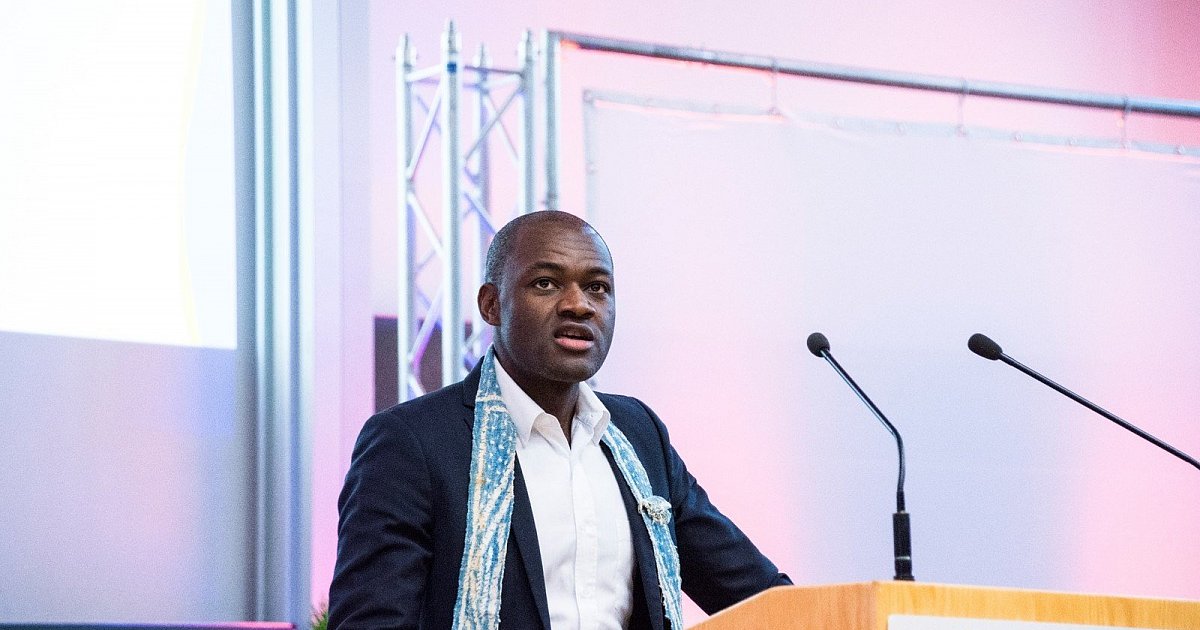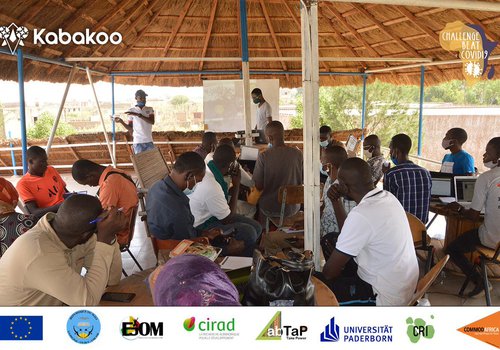With a proven impact and valuable projects of local relevance, Kabakoo is now working towards scalability and replication across Africa
Created to empower young Africans with vocational training for the fourth Industrial Revolution, Kabakoo Academies (www.Kabakoo.Africa) managed in less than 2 years to establish itself as one of the most innovative learning places in the world, racking up recognitions from the African Union to the World Economic Forum. With a proven impact and valuable projects of local relevance, Kabakoo is now working towards scalability and replication across Africa.
In January 2020, Kabakoo Academies was the youngest of the 16 educational institutions worldwide selected by the World Economic Forum as “School of the Future”. Labeled as a global pioneer for education 4.0 and new models of education for the Fourth industrial revolution. We have also been endorsed as one of the most innovative educational projects of the African continent by the African Union and UNESCO.
An innovative model to answer a crucial problem is what makes Kabakoo special.
Kabakoo is a new breed of learning place, supercharging tech education in Africa. Part school, maker-space and co-working hub, we are a mission-driven enterprise building a pan-African network of creative academies for sustainable futures.
Kabakoo’s model aims to answer a crucial problem. According to the African Development Bank, every single year more than 8 million young Africans cannot find a way into the local job markets. This problem remains unsolved for two reasons: the lack of competencies despite schooling (the in-school-but-not-learning problem) and a very limited reach of high-quality schools due to prohibitively high fees.
The founder and CEO, Yanick Kemayou experienced this problem first-hand as a young African. Like many of his peers, he was forced to leave his home country. While he has been fortunate enough to study at prestigious institutions in China and Europe, the initial problem which pushed him into migration kept bugling him.
That is why Yanick committed to solving the problem at its source, building a new type of school: “Kabakoo is the culmination of what I believe in. My passion is education, how to improve people’s life through education and training. I was deeply influenced by my own emigration experience, and the tragedies of other who have less luck than me while trying to leave Africa”.
From this perspective, Kabakoo was born in 2018, through a pilot-campus in Bamako, Mali. The methodology was grounded on experiential learning, blending high-tech and local knowledge to allow the learners to acquire actionable technological competencies in their environments. For example, the learners designed and implemented the first citizen platform to measure and fight air pollution in West Africa, which earned Kabakoo the position of non-state actor in the global Coalition on Climate and Clean Air of the UN Environment Program.
More recently, Kabakoo learners have been at the forefront of the local response against the Covid-19 pandemic in the Sahel region. Some Kabakoo learners have set up a decentralized supply chain which already produced more than 60 000 masks while others have been 3D-printing face shields for health professionals. These and other projects led to a partnership with the EU and the Malian Government which contracted Kabakoo in May 2020 to train a cohort dedicated to innovative local solutions against the pandemic.
The multi-stakeholder approach, demonstrated effectiveness and highly scalable model make the success of the enterprise. Since 2018, Kabakoo has trained more than 530 learners in tech skills who have solved a range of real-life problems while generating economic value. The market-proven business model has also earned the enterprise a 6-figure revenue so far for 2020, which makes it self-sustainable and durable.
Thriving from the first campus, Kabakoo now tackle growth perspectives, with a lot of projects for campuses all over Africa, notably one in Ghana, set to open in September 2021.









